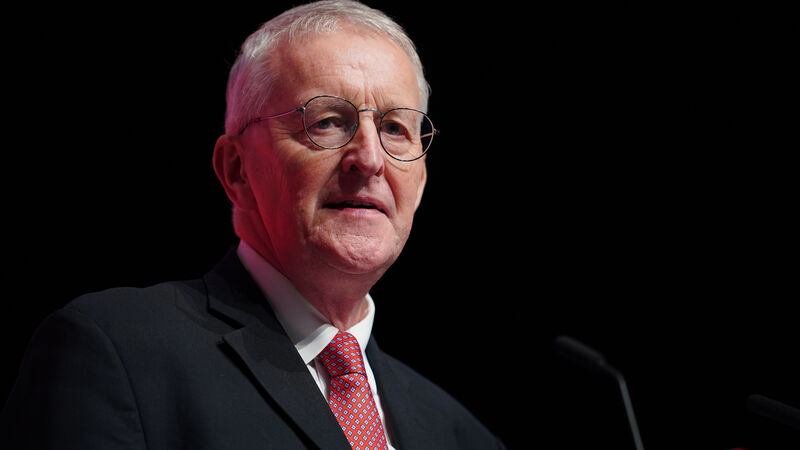Stormont brake will not be pulled over change of EU law on packaging for chemicals

Northern Ireland secretary Hilary Benn said the tests had not been met to initiate the oversight mechanism contained in Britain and the EU’s deal over post-Brexit trading arrangements.
The British government has announced the Stormont brake mechanism of the Windsor Framework will not be pulled to halt the appliance of new EU rules on packaging and labelling of chemicals in Northern Ireland.
Northern Ireland secretary Hilary Benn said the tests had not been met to initiate the oversight mechanism contained in Britain and the EU’s deal over post-Brexit trading arrangements.
















